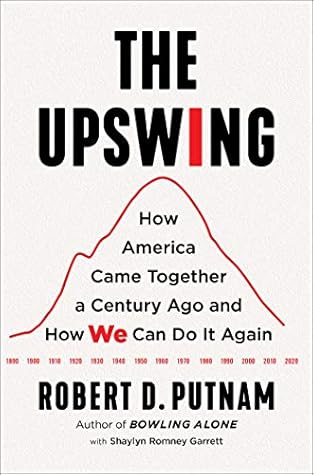His ideas were echoed by more abstract thinkers, such as Herbert Marcuse, whose One-Dimensional Man (1964) argued that the political triumph of “technical rationality” had brought about “a comfortable, smooth, reasonable, democratic unfreedom” in American society, as managerial techniques achieved “freedom from want” at the cost of “the independence of thought, autonomy, and the right to political opposition.”61
Welcome back. Just a moment while we sign you in to your Goodreads account.


